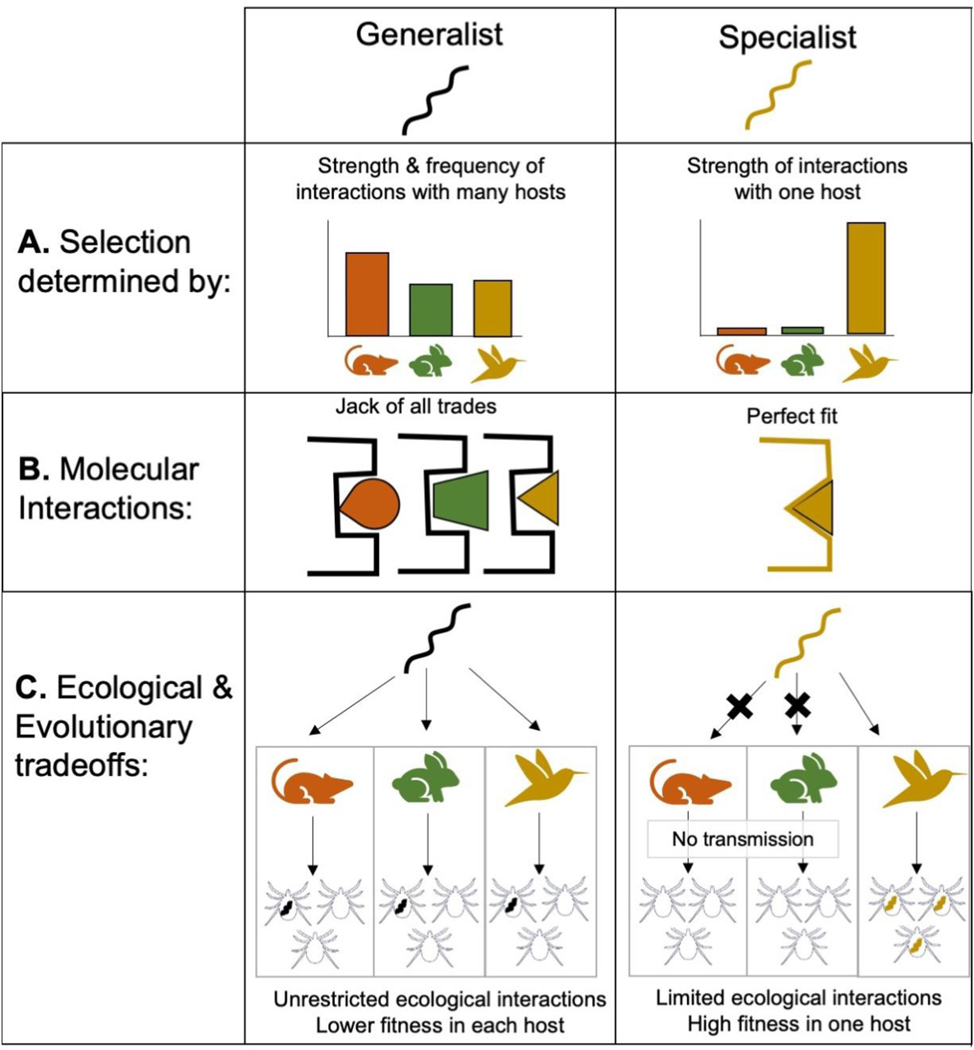Figure 1: Why are some Borrelia species more host-specific than others?
Along the generalist-specialist continuum, the more generalist Borrelia species infect many vertebrate host species while the more specialist species infect only one or a few host species. Considering the ecological interactions each Borrelia species experiences elucidates the selective pressures that led to the differences in host species specialization. A. The strength of natural selection is derived, in part, from the frequency of ecological interactions that a Borrelia species experiences with each possible host species. That is, selection on generalist species is impacted by the frequency of interactions with the wider vertebrate host community whereas selection on specialist species populations is determined primarily by interactions with the one species it can infect and from which it is regularly transmitted. B. The molecular mechanisms underlying successful infection vary between generalist and specialist species due to differing selective pressures. For example, the surface proteins of generalist species interact successfully but not ideally with the corresponding receptors of multiple host species, C. resulting in sub-optimal infection or transmission success from many species; B. the surface proteins of specialist Borrelia species interact more effectively with the corresponding receptor of its one competent host C. resulting in optimal infection and transmission success from only one or a small number of host species. Thus, generalist species have less restricted ecological interactions with the vertebrate community but lower fitness in each host while specialist species are limited in their interactions to the vertebrate host species it can successfully infect and be transmitted from, but experience high fitness in that host.

